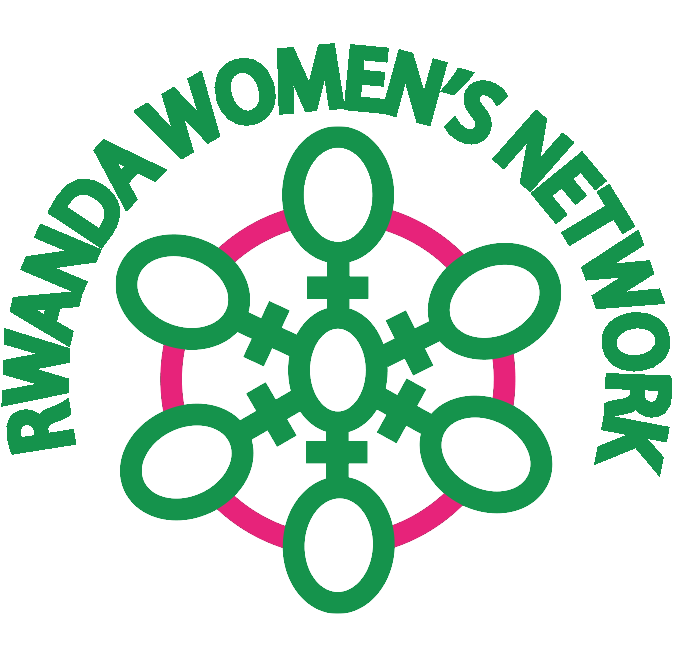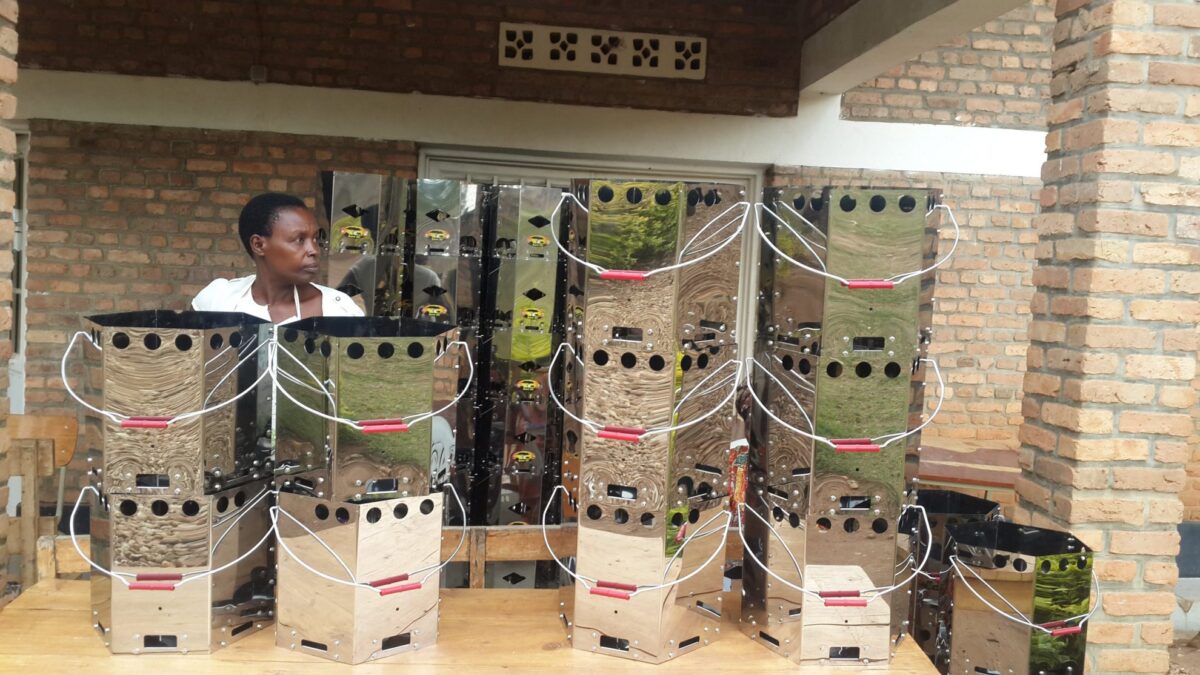
On March 16, 2015, the United Nations issued a first tranche of over 6,500 carbon certificates under its Clean Development Mechanism (CDM) for the Improved cook stoves programme for Rwanda that has, to date, provided over 14,000 households in Rwanda with affordable and energy efficient stoves. Over a period of 28 years, the programme is expected to distribute over 100,000 stoves and reduce over 300,000 tons of carbon dioxide each year.
“This is comparable to carbon emissions released by 75,000 buses making a round trip to Nairobi from Kigali”, said Allan Mubiru, the country manager of Atmosfair in Rwanda.
Rwanda Women’s Network in collaboration with the German organization, Atmosfair, is one of the partners in the Improved cook stoves programme. Other partners include Safer Rwanda, the social business Inyenyeri as well as of the United Nations High Commissioner for Refugees (UNHCR). The partners have been involved in the production and distribution of the innovatively designed and high-quality efficient cook stoves that have already been adopted by thousands of households in Nigeria, Cameroon and Lesotho. Cooking efficiency on traditional fire places in Rwanda is extremely low and hence wastes a great amount of two already scarce and expensive resources in Rwanda: fire wood and charcoal. The stoves promoted in the programme are the Save80 stove sets (which, as the name suggests, requires up to 80% less wood for the same cooking procedure) and the Philips pellets burning stove which is the cleanest wood stove on the market.
Using the improved cook stove helps families to consume less fuel and thus save money: for every sack of charcoal of 7,000RwF replaced by wood at a value of 1000 RwF, each household can save 6,000 RwF! Family health improves since less smoke is emitted by the efficient cook stoves. (The WHO estimates that every year indoor air pollution causes the early death of about 12,500 people, especially of women and children, in Rwanda.) Households save time that would otherwise be spent on collecting wood or long hours of cooking. When using the Save80 in combination with a so-called Wonderbox, a special insulation system for the cook stove, the user can save 2.5 hours for cooking beans and 20 minutes for rice and potatoes.
Over 100 jobs have been created for stove constructors, distributors and project managers.
The reduced demand for fire wood will decrease pressure on forests and reduce deforestation. The programme thus contributes to the country’s vision to reduce the rate of wood use in national energy consumption from 94% to 50% by the year 2020 as well as the Second Economic Development and Poverty Reduction Strategy (EDPRS II) which aims to promote energy efficiency in cooking.
The German non-profit organization atmosfair uses the carbon certificates issued by the cook stove project to compensate carbon emissions generated by air travellers in Europe. atmosfair not only follows the strict UNFCCC guidelines for climate projects, but also the standards set by the Gold Standard Foundation, a global organisation that monitors Sustainable Development aspects of environmental protection projects. The Rwanda Environment Management Authority (REMA) supervises the implementation process.

